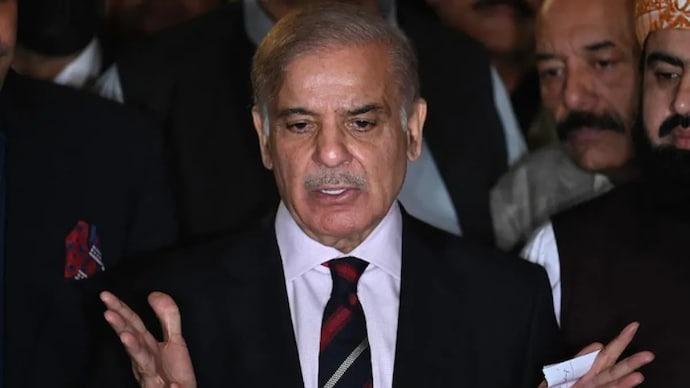
 Unraveling the Geostrategic Chessboard: India’s Strategic Moves in the Afghanistan-Pakistan Arena
Unraveling the Geostrategic Chessboard: India’s Strategic Moves in the Afghanistan-Pakistan Arena
In recent developments, India has strategically positioned itself to encircle Pakistan through Afghanistan, causing ripples across the geopolitical spectrum. The move, following collaboration with the Taliban at the Chabahar Port, hints at a broader plan to launch another tactical strike against Pakistan. Reports suggest that India might even establish a diplomatic mission in Kandahar, adding a new dimension to the regional power play.
Pakistan on Edge
Pakistan’s political landscape, already grappling with the recent shift in power to Shabaz Sharif, has been further agitated by India’s potential moves. The humane approach of extending assistance to the Afghan people has positioned India favorably, earning the ire of Pakistan. The meeting with the Taliban, where they aligned against Pakistan’s religious card, has set the stage for more assertive Indian actions.
Diplomatic Intricacies
The possibility of India opening a diplomatic mission in Kandahar raises eyebrows, especially considering the historical significance of the city. Kandahar has ties to ancient Indian history, dating back to the Mahabharata era, and was the location where an Indian plane was hijacked in 1999. The reopening of an Indian diplomatic mission here would be a bold move with historical undertones.
Stirring the Bilateral Pot
Shahbaz Sharif, the recent power holder in Pakistan, is visibly uneasy about India’s potential move. The ripple effect of India’s presence in Kandahar, merely 400 kilometers from Pakistan’s border, is causing distress among Pakistani authorities and the military. This proximity poses a strategic threat, making Kandahar a pivotal chess piece on the geopolitical chessboard.
The Chabahar Connection
The prior collaboration with the Taliban at the Chabahar Port has already sent shockwaves through Pakistan. India’s successful maneuvering with the Taliban on religious issues has placed Pakistan on shaky ground. The potential economic and strategic advantages of establishing a diplomatic mission in Kandahar only amplify the impact of India’s masterstroke.
Bilateral Tensions
Pakistan has expressed dissatisfaction and concern about the presence of Indian diplomatic missions in Kandahar and Jalalabad in the past. These instances foreshadowed the current unease, signifying that India’s recent moves are not isolated incidents but part of a broader strategy aimed at exerting influence in the region.
The Geostrategic Importance of Kandahar
Kandahar’s geographical significance cannot be overstated. Its proximity to the Pakistani border and historical ties to India make it an ideal location for India to assert its influence. The potential opening of a diplomatic mission here signals India’s intent to deepen its roots in Afghanistan strategically.
Analyzing the Geopolitical Landscape
India’s calculated steps are a testament to its adept geopolitical strategy. By leveraging diplomatic, historical, and economic ties, India is shaping a narrative that extends beyond immediate concerns. The unfolding events indicate a meticulous plan to encircle Pakistan and reinforce India’s regional dominance.
Regional Ramifications
The geopolitical tremors emanating from these developments have broader implications for South Asia. As India maneuvers its pieces strategically, the delicate balance of power in the region is shifting. The potential establishment of a diplomatic mission in Kandahar could set the stage for increased tension and recalibration of regional alliances.
In this geopolitical chess game, India’s moves are reshaping the dynamics of South Asian politics. The potential opening of a diplomatic mission in Kandahar not only challenges Pakistan’s strategic depth but also underscores India’s determination to secure a stronger foothold in the region.
Read More: The Kremlin Connection Why Vladimir Putin’s Name Appears 1,000 Times in Epstein’s Files

 Share
Share



